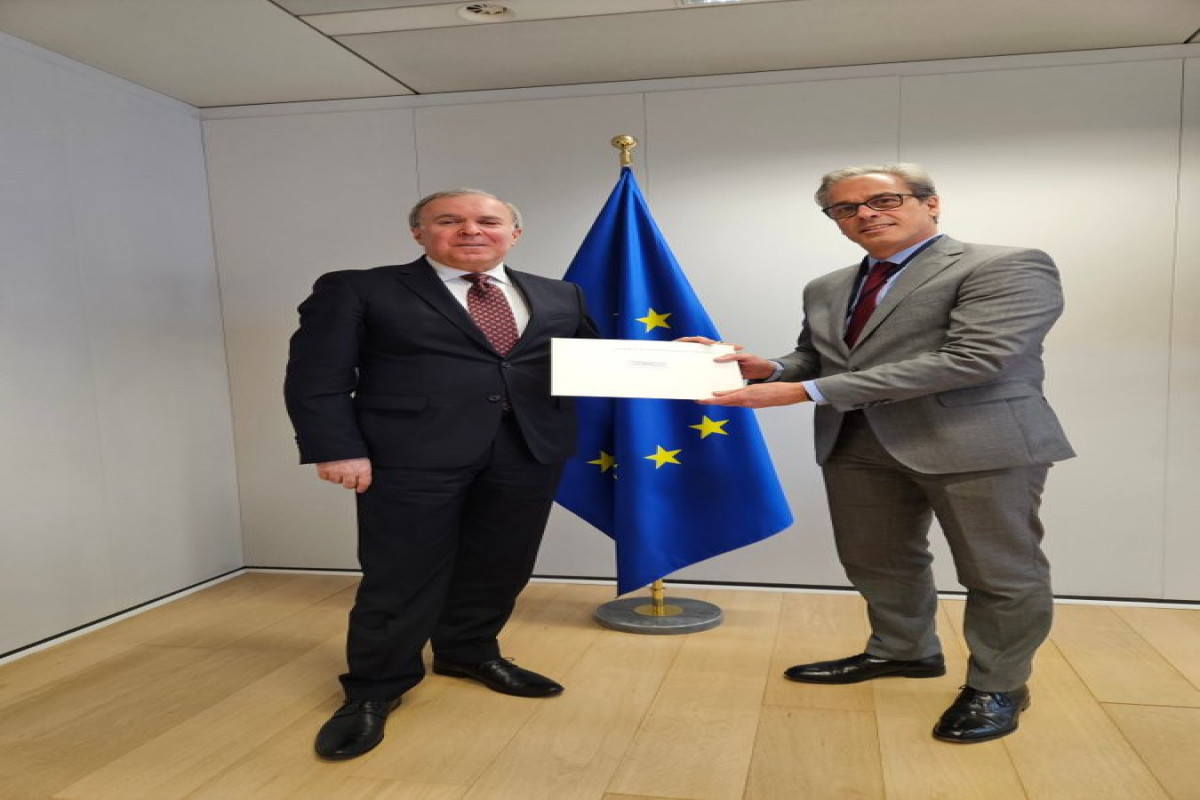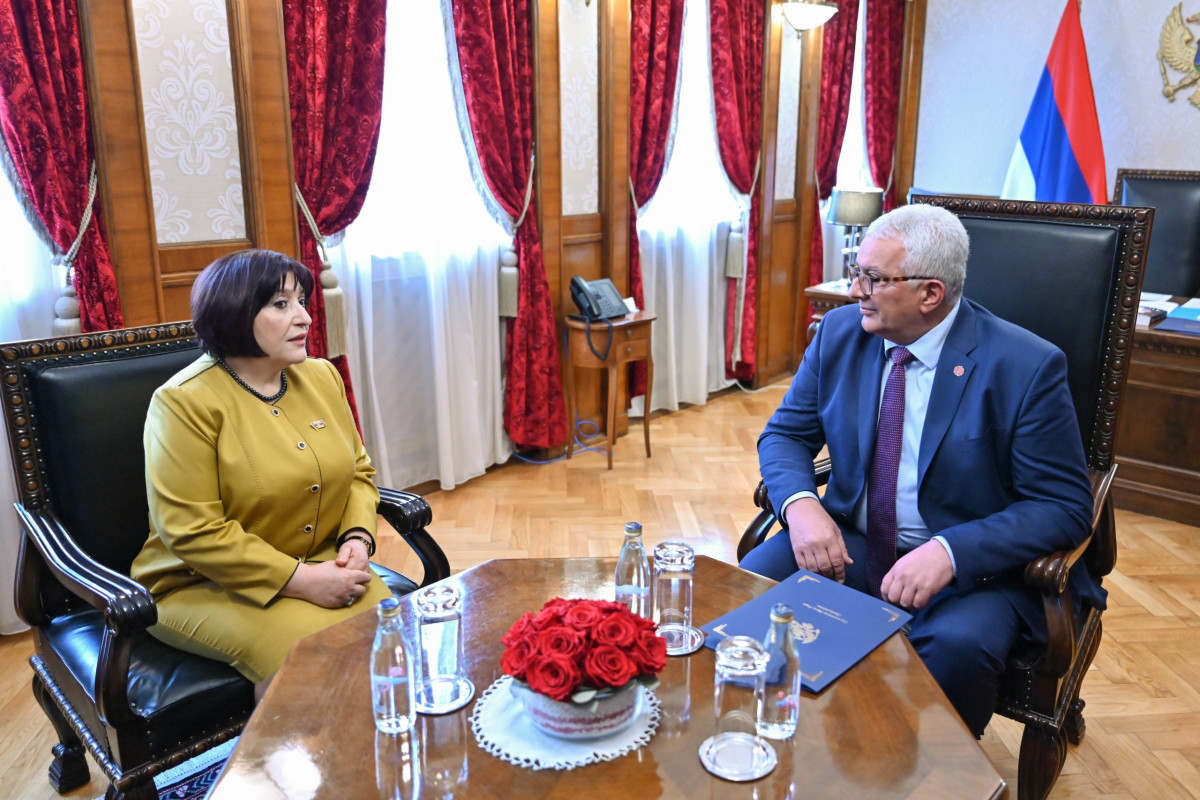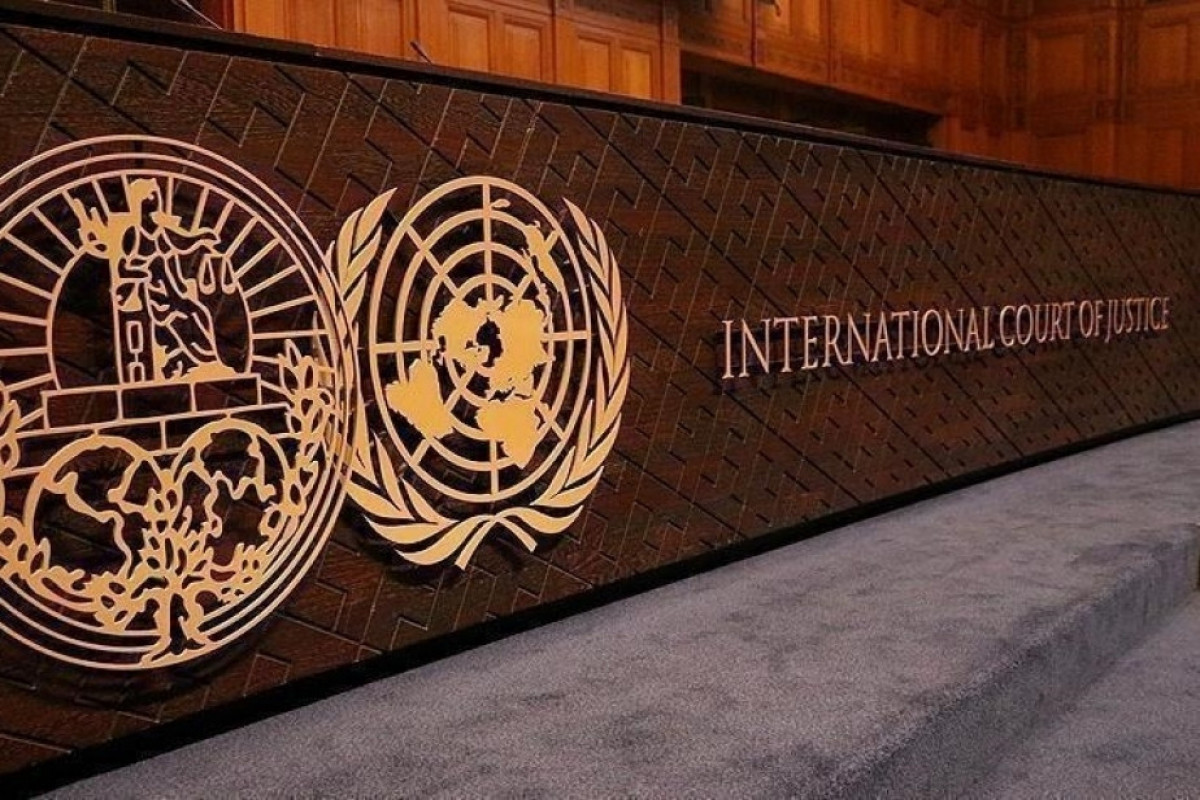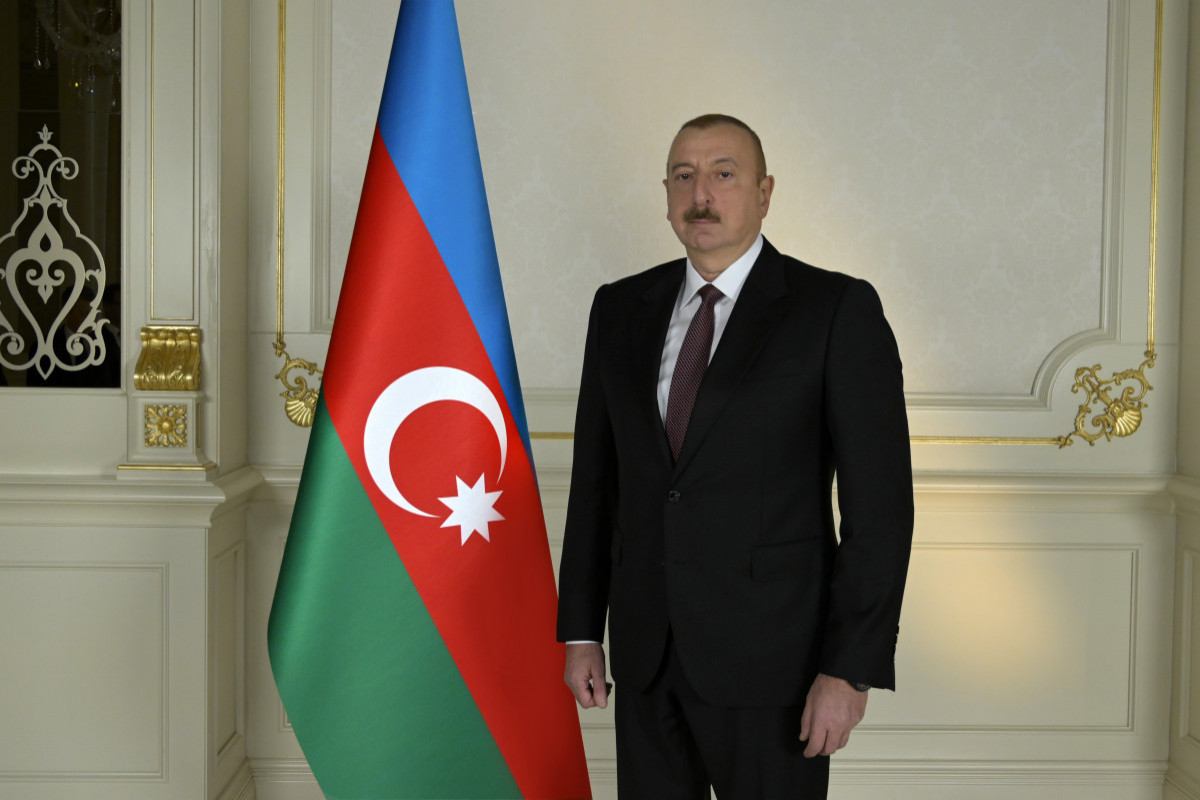APA’s exclusive interview with Mr. Ghulam M. Isaczai, United Nations Resident Coordinator and the United Nations Development Programme (UNDP) Resident Representative in the Republic of Azerbaijan
Q. Azerbaijan is going to mark the 25th anniversary of its membership of the United States. How did it all begin?
A. Azerbaijan has been represented at the United Nations for 25 years. The UN is one of the few institutions that implemented large-scale projects in Azerbaijan after the country gained independence. The history of UN activities in Azerbaijan can be divided into three stages. In the first stage, Azerbaijan was largely dependent on the UN. We provided humanitarian assistance to a large number of people that had become refugees and IDPs. We provided the country with food, non-food, health services, shelter, vaccination supplies, and so on. All this happened in the 90s.
In 2000, Azerbaijan began to give the impression of a modern country that is eager to develop. The ceasefire agreement in the conflict zone allowed Azerbaijan to take more care of improving state institutions. The UN, too, wanted to help Azerbaijan achieve this, offering its support to the strategy for the elimination of poverty and a number of regional development programmes. With support from the UN and other international organizations, the poverty rate in Azerbaijan fell dramatically. We supported Azerbaijan in fulfilling its obligations under the Millennium Development Goals (MDGs), in areas such as education, the environment, healthcare, gender equality, reducing hunger and poverty, the improvement of primary education, etc. Azerbaijan has already fulfilled many of these obligations.
The third stage began in 2015. Azerbaijan has undertaken new obligations regarding the globally agreed Sustainable Development Goals. This includes agriculture, health, education, the effectiveness of state institutions, public service reforms, support to civil society, customs, migration, support to refugees, and so on.
I have to note that some institutions created with UN support are now operating independently in Azerbaijan. Let’s take the Azerbaijan National Agency for Mine Action (ANAMA), which was created with the support of the UN Development Programme and is now operating independently. It even conducts mine-clearing operations in other countries. Another example can be ASAN Xidmet (Easy Service) – the State Agency for Public Service and Social Innovations under the President of Azerbaijan. The UN supported this agency when it was being created and ASAN is now the best of the e-government agencies in the region. ASAN has won a UN award for public service. I think the UN is undergoing the process of developing from support-based cooperation into partnership-based cooperation. While it used to depend on the UN in many areas, Azerbaijan is now doing it on its own.
Q. Mr. Isaczai, you have 22 years of working experience. What were your impressions when you first came to Azerbaijan? Do you think there is still a lot to be done in our country?
A. I had heard a lot about Azerbaijan and had a very positive impression of the country. I visited Azerbaijan for the first time ten years ago, and can see that significant changes have happened in the development of the country over the past 15 years. I have 22 years of experience in countries less developed than Azerbaijan, where they have more problems. In Azerbaijan there is good infrastructure, and a stable and safe environment for the activities of international organizations specializing in the business and tourism sectors.
One of the distinguishing features of Azerbaijan is the hospitality and friendly relations of your people. Azerbaijan has enormous potential, however there are some difficulties. What is important is a transition from an oil-based economy into a non-oil economy. This is the right step. Another problem is income inequality. In other words, it’s necessary to raise the income of the rural population and the people living outside big cities.
I’d also like to mention gender equality. From the perspective of gender equality, Azerbaijan has a good education system. Azerbaijan is one of the few countries that established a separate school for girls.
Q. As you know, the resolution of the Nagorno-Karabakh conflict remains a priority for Azerbaijan. Over one million Azerbaijanis were forced to leave their homes as a result of the conflict. What is the UN doing to change the lives of these people?
A. First of all, I’d like to note that [a solution] to the problems of IDPs remains a priority for the UN. If we have a project for the elimination of unemployment, we must be sure that it involves displaced persons.
As I mentioned, the UN High Commissioner for Refugees immediately delivered humanitarian aid to Azerbaijan during the conflict. And then the government of Azerbaijan took over this role from the UN as the country became more developed thanks to its rich resources. Foremost, the responsibility for the solution of IDPs’ problems falls on the government. We provide assistance only when the government appeals to us or the state lacks the necessary resources. Now, the UN’s role has changed. The government invests great resources to reconstruction and the improvement of the living conditions of IDPs. Our main goal is to help low-income and vulnerable groups of people such as refugees and internally displaced persons, women, children, persons with disabilities. We should be sure that these people are supported by the state. After the events of April last year, the UN once again kept the focus on this group of people. Unfortunately, this war is a sad reality of Azerbaijan.
We are also working with the Azerbaijan government. They inform us about some issues. However, in general, Azerbaijan is a good example in terms of the protection of IDPs’ rights. A few years ago, I witnessed the difficult living conditions of IDPs in Iraq, Afghanistan and Pakistan, because those countries do not possess as much in terms of resources and funds as Azerbaijan.
Q. The UN elected its new Secretary-General in 2017. Are any changes expected during the leadership of the new secretary-general?
A. The new UN Secretary-General Antonio Guterres highlighted three main directions. Firstly, I’d like to emphasize the intention to carry out new reforms in peace operations. There are many ongoing conflicts across the world. Let’s ask ourselves: “What can we do before conflicts become large-scale?” There are economic and border issues. The UN can play its role by offering to mediate.
The second direction is to carry out reforms in the bureaucratization of the UN, which has great institutions, each of them expanding over time. The main task of these institutions is to increase transparency, openness and efficiency in the mentioned areas.
The UN agencies need to develop the skills to work together. The UN consists of both development and humanitarian agencies. Immediately after humanitarian aid, development projects are carried out. The consolidation of these issues can be referred to as the third direction of Mr. Guterres.
I am confident that member states will support the Secretary-General’s reforms and progress will be achieved in the next five years. I’d like to underline the importance of both financial and political support. As you know, the UN has 193 member states. It is difficult to reach a consensus among them. If we will try to achieve a “common decision” among five persons, each of them will take a single position. And the political will is needed for reaching common decisions and approaches within the UN.
The UN cannot solve all the problems the world faces. The UN doesn’t have a strong army and large financial resources. The UN provides a platform for peace and brings together different parties. It creates conditions for people to hold discussions. The UN is a body that is vital to international relations. In the world there is no other institution like this. If there was not the UN, another such organization would have to be created. What would the world be like without the UN? I am sure that there would be more violence and death. The UN is not engaged only in politics, but also in ensuring security. I think that the world should appreciate and defend the UN.
I congratulate Azerbaijan for being a worthy UN member for 25 years. We hope that our cooperation will continue. Azerbaijan is not only worthy, but also a strong UN member. Azerbaijan took an active part in the adoption of certain conventions in the Security Council and the General Assembly. I hope this cooperation will continue, because Azerbaijan and the UN need each other.
Q. UN Security Council resolutions on the Nagorno-Karabakh conflict still remain unfulfilled while some resolutions are implemented in a single day. What do you think is the reason for a failure to implement these resolutions?
A. We are concerned about recent reports of clashes along the line of contact and around Nagorno-Karabakh. The UN Secretary-General underlines his full support for the ongoing efforts of the Minsk Group Co-Chairs and the Personal Representative of the OSCE Chairman-in-Office to reduce the current dangerous level of tensions and to prevent further escalation. He calls on all sides to refrain from any actions that would undermine the ceasefire agreement and urges the resumption of substantive negotiations leading to a peaceful settlement of the Nagorno-Karabakh conflict without delay. The UN respects the territorial integrity of Azerbaijan within its internationally recognized borders.






